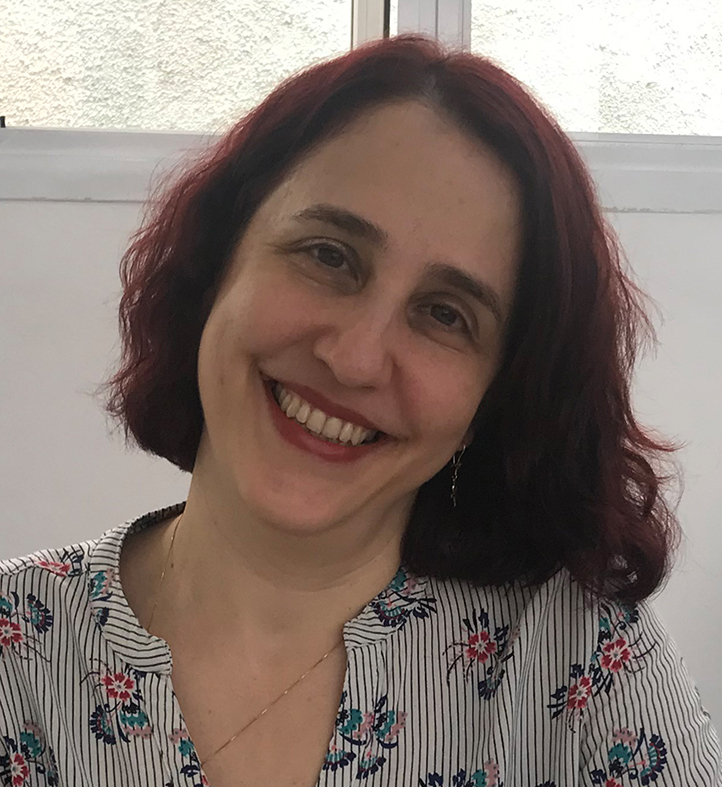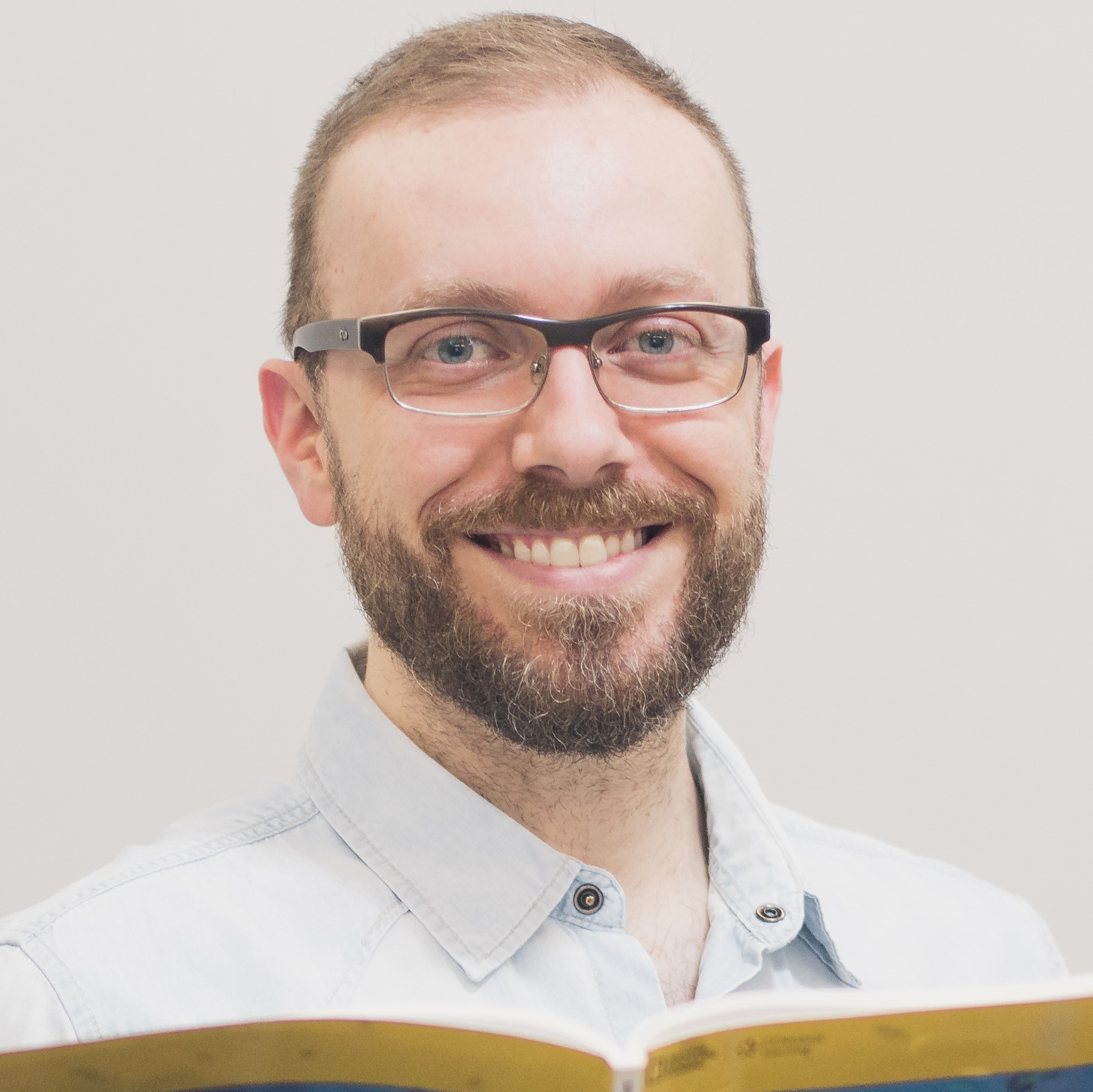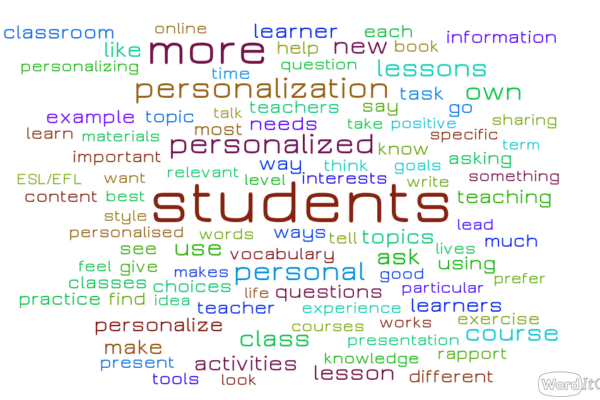Greenhouses, Gardens and Jungles – 1
What is your passion when it comes to teaching EFL?
Is it one of the four skills [listening, speaking, reading or writing]? One of the four systems [pronunciation, lexis, grammar or discourse]? Teaching YLs or teens? Methodology, perhaps? Teacher training? – Hard to pick one, right?
Well, I’ll do it anyways!
I’ll start with Listening – why is it one of my many passions? Because of the challenge it presents teachers with: we cannot enter our learners’ ears to check what they are actually understanding. For this reason, I’m starting a series of posts about Listening, more specifically, about Decoding. There are 2 main authors who are truly brilliant at it:
According to Richard Cauldwell (2018), learners are currently “ill-prepared to cope with spontaneous speech they encounter outside the classroom”. Why is that? Well, first we have to understand that when we teach listening, we are dealing with what he calls the sound substance, which is invisible and is gone as soon as it happens. But not only that: as soon as it is gone, more sound substance follows, sometimes non-stop. How can we better help learners to cope with that?
It can be easier to deal with the sight substance (written words) since it remains in place and can be revisited as many times as the reader wants, and written words do not blur… In the sound substance, however, they do blur!
How would you teach a foreigner to understand “/Pópôpó/” or “/Djékcevai/?
In order to answer this question, we have to understand the greenhouse, the garden, and the jungle.
In his book A Syllabus for Listening – Decoding, Cauldwell brilliantly explains that the sound substance of speech as a continuum which has 3 domains: the greenhouse, the garden, and the jungle.
The Greenhouse would represent words spoken in isolation, i.e. there would be no contact with neighbouring words. However, how often do we find such words in spontaneous speech?
The Garden would be the words in phrases and sentences, i.e., there would be contact with neighbouring words. Therefore, we would make use of the rules of connected speech. Garden soundshapes, as Cauldwell calls them, can be found in slow-medium stretches of spontaneous speech, and are commonly dealt with in ELT course books.
The Jungle – my favourite! – represents spontaneous speech as they happen in real life: “words are crushed out of shape”, as Cauldwell wisely puts it. The soundshapes we find here are quite different from the ones we find in the Greenhouse and in the Garden. Our challenge as EFL teachers is to not to ignore the Jungle as well as to prepare ourselves to better teach it to our learners!
The CSM x The SSM
In ELT, we usually deal with the Greenhouse and the Garden – the Careful Speech Model, and they have their very useful role in our learners’ skills development. However, we cannot leave the Spontaneous Speech Model out for this very simple reason: that’s what learners will face in their real life, and helping them cope with it is part of our role.
This introductory post would then be an invite to all of us EFL teachers to delve into this whole new world: The Jungle. I, for one, would very much like to be able to do what Caudwell proposes in his book: “capture the wildness, messiness, and unruliness of the sound substance of everyday speech and make it teachable and learnable”!
For examples of these three, please listen to extract 2.1 (the Greenhouse), 2.2 (the Garden) and 2.3 (the Jungle), all available here. Have fun!
Reference:
Cauldwell, R. (2018) ‘A Syllabus for Listening – Decoding’. UK: Speech in Action






